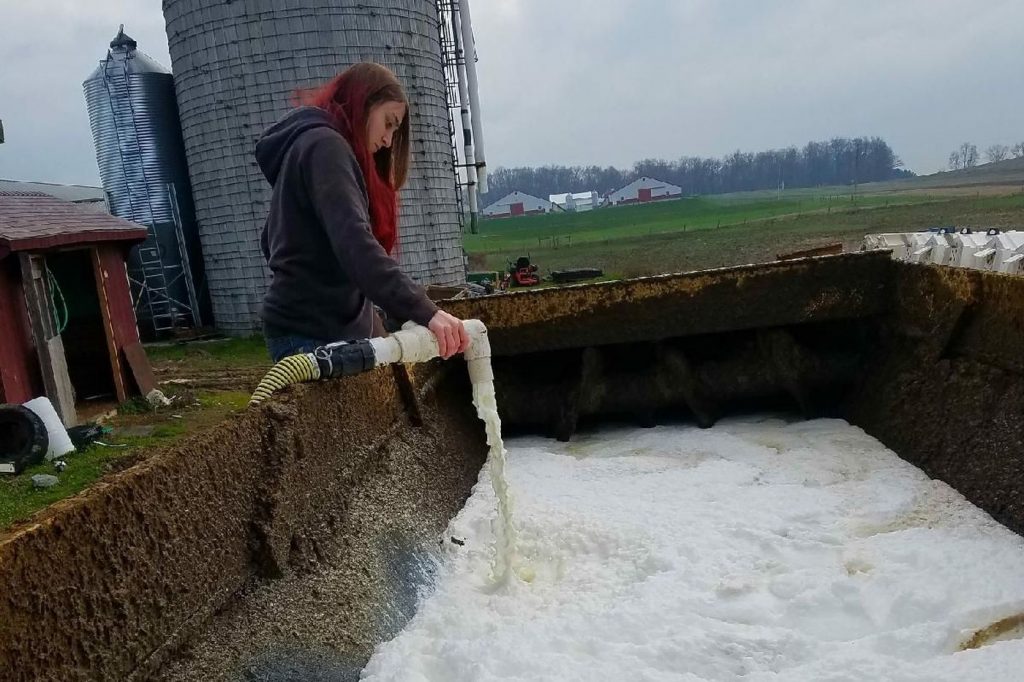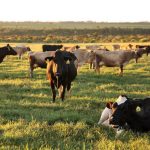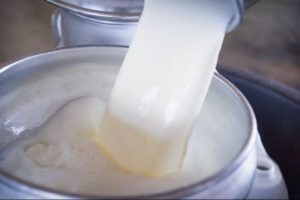
“If there’s too much milk and we cannot find a place for it, it has to get dumped,” said Barb Hanselman, who owns and operates Del-Rose Farm with her husband, Ernie, in Bloomville, N.Y.
“It’s a problem all across the United States,” said Hanselman, a member of the American Dairy Association’s northeast board of directors.
DUMPED RAW
She notes milk is usually dumped raw and poured into manure pits or used as fertilizer.
“You can’t just pour it down the drain,” she said. “Milk is tough on septic systems with its high butterfat content.”
Doug DiMento, director of corporate communications for Agri-Mark, said the New England-based cooperative had already closed its membership five years ago because of excess milk on the market.
“We’ve got more milk than we’ve ever had. With the closing of restaurants, schools and colleges — that’s 40% to 50% of our business, the food service industry,” he said. “It’s a huge blow,” said DiMento, whose
But even an uptick in retail sales, said Hanselman, won’t offset losses from the restaurant and food service industry.
Hanselman said she’s working in her 38th year as a dairy farmer, “and I have a funny feeling this will be the worst year I’ve weathered.”
As of the end of April, the Hanselmans had not dumped any milk at their farm. As members of the Dairy Farmers of America cooperative, their farm is subject to different arrangements for marketing milk than others.
Del-Rose Farm, with its 60 milking head, produces an average of 600 gallons per day — a volume typical of local producers but small compared to the average for New York state.
SALES LIMITED
Acknowledging criticism of farmers who’ve been forced to dump milk, especially during a pandemic, DiMenzo noted the sale of raw milk is limited.
But with processing plants full and limited refrigerated storage, he said, there’s no alternative.
“The dumping is not the dairy farmers’ fault,” he said.
Hanselman said the blow to the industry caused by the coronavirus is unprecedented in most any farmer’s lifetime.
“I don’t think a lot of us have seen anything like this before,” she said. “We haven’t seen war in our country. It’ll be interesting when we get to the other side to see how bad things got.”

























